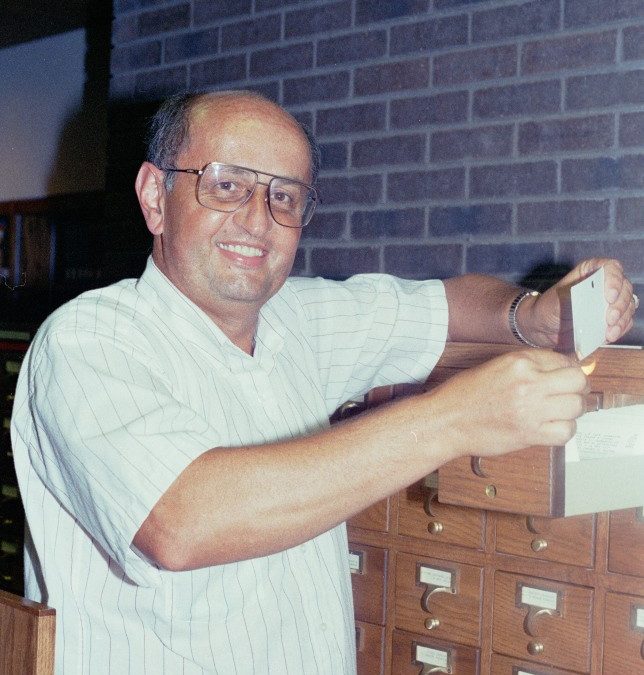The University of Cincinnati Clermont College celebrated the opening and renovation of three dynamic, mostly donor-funded campus spaces Oct.17, including renaming the UC Clermont Library. The UC Clermont library is now the Frederick A. Marcotte Library, renamed for the college’s original librarian.
Read the full news story at UC News.

